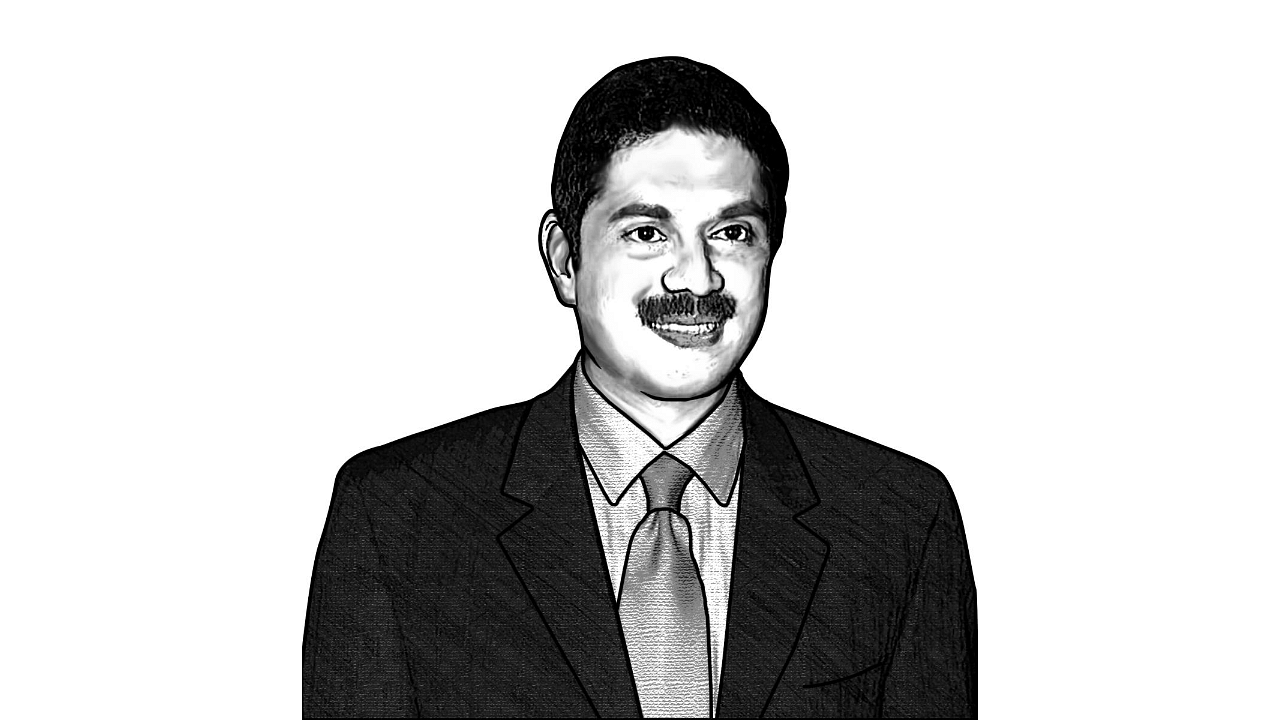
“In our village, even the shadow of ‘keelu jaati’ (lower caste) people like us is not supposed to fall on the upper castes. When we see forward communities feeding street dogs around their houses but keeping us at bay, we wonder if we are worse than stray dogs.”
These gut-wrenching words of an autorickshaw driver in Bengaluru reflect the reality of India where even to this day, Dalits are treated as sub-humans.
On Christmas day, I happened to hire an autorickshaw that had sayings from the Bible painted all over it. The driver revealed that he was a Dalit who had converted to Christianity a few years ago. How did it happen? Deeply disturbed by the discrimination in his village, he had once followed a nun out of sheer curiosity to a nearby church where he met a priest who introduced him to the teachings of Jesus.
After a few visits to the church, he was invited to a wedding, which proved to be the clincher. “Other women were wearing necklaces worth lakhs of rupees and I could not even afford ordinary bangles for my wife. Yet, we were treated with dignity. That was when I began thinking why should I not convert to a religion that treats all humans as one, while our own community looks down upon us as outcasts.”
But how had life changed for him after conversion? “Well, I have not bought a house, car, or jewellery for my wife. But I am totally at peace with myself now, and above all, I have got back my dignity. I no longer feel that I am treated worse than a dog,” he said.
The Karnataka government got a bill passed in the Assembly ostensibly aimed at stopping what it calls “forced conversions”, but it fails to appreciate why people convert in the first place. There could be a small number of people who have been converted by threats or coercion, though the government has no statistics to back this claim, while some others embrace other faiths after being influenced by their teachings and practices, but a large number of people convert because they are denied basic human dignity by their own communities or to escape the fate of the abjectly poor.
The case of the autorickshaw driver is not an isolated one. Some time ago, BJP MP A Narayanaswamy, who belongs to the SC community, was denied entry to a village in Tumkur as he is an “untouchable”. In Koppal, a family was fined Rs 25,000 because their child accidentally entered a temple. In the Mysuru district, a youth was beaten up for “daring” to walk on a road adjacent to the local temple. In Chikkamagaluru district, a Dalit in police custody was made to drink the urine of another accused when he asked for water. Such heartless treatment of Dalits is common not just in Karnataka but across the country.
Be it refusal of entry to temples or restaurants, being served water in coconut shells so that utensils are not “polluted”, denial of haircuts or access to common drinking water sources, social ostracisation, the daily life of a Dalit can be most humiliating even in this day and age.
It is this that the government should address urgently, not bring a law to stop the Dalits and the poor from taking the only escape route available to them out of a life of indignity. The ‘upper castes’ must do some serious soul-searching and introspection. Religious conversion provoked by denial of basic rights and dignity will continue as long as we fail to treat our fellow human beings as equals.
Watch the latest DH Videos here: